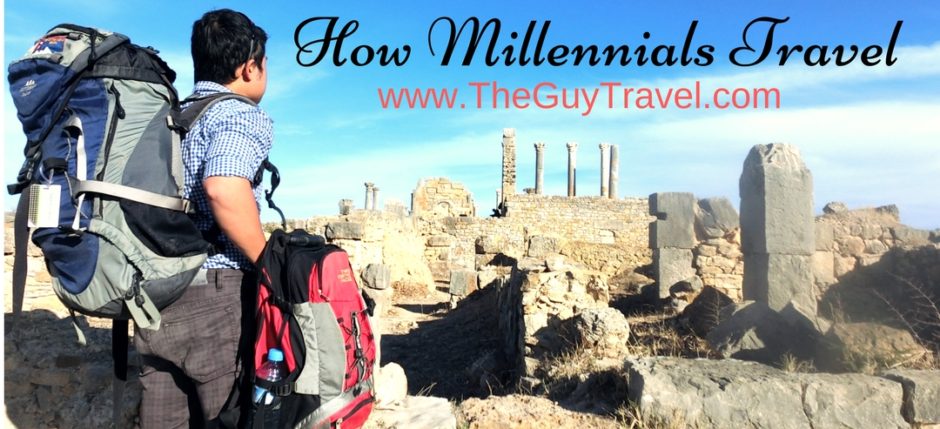
How Millennials Travel
The way how travel are consume have changed significantly in the recent years as millennials began to explore the world. Millennials typically refers to those who are born in the early 1980s to the mid-1990s. This group of people have experience at least one major economy crisis either in 1988 or 1997. They had seen how market crash overnight and also enjoy the good time with economy progressing at high growth rate. Their parents are likely to be working very hard and only get to relax or travel when they retired. Millennials in general expose to travel at a young age when parents bring them on a short trip usually booked on group tour packages. The way they travel is also changing as people, esspecially millennials in particular place higher value on travel experiences over material possessions.
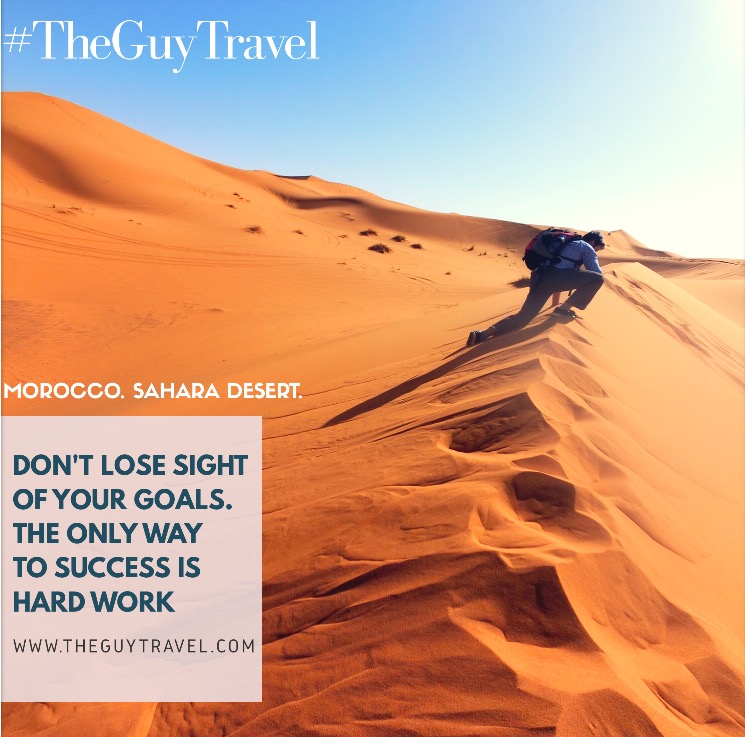
In a recent survey conducted by Expedia in year 2017, it shows 59% of millennials here think experiencing the authentic culture of a destination is the most important aspect of travelling. They would want to see, live, hear, understand and interact with the locals. In other word, they are keen to know how others live beside their usual way of lifestyle.
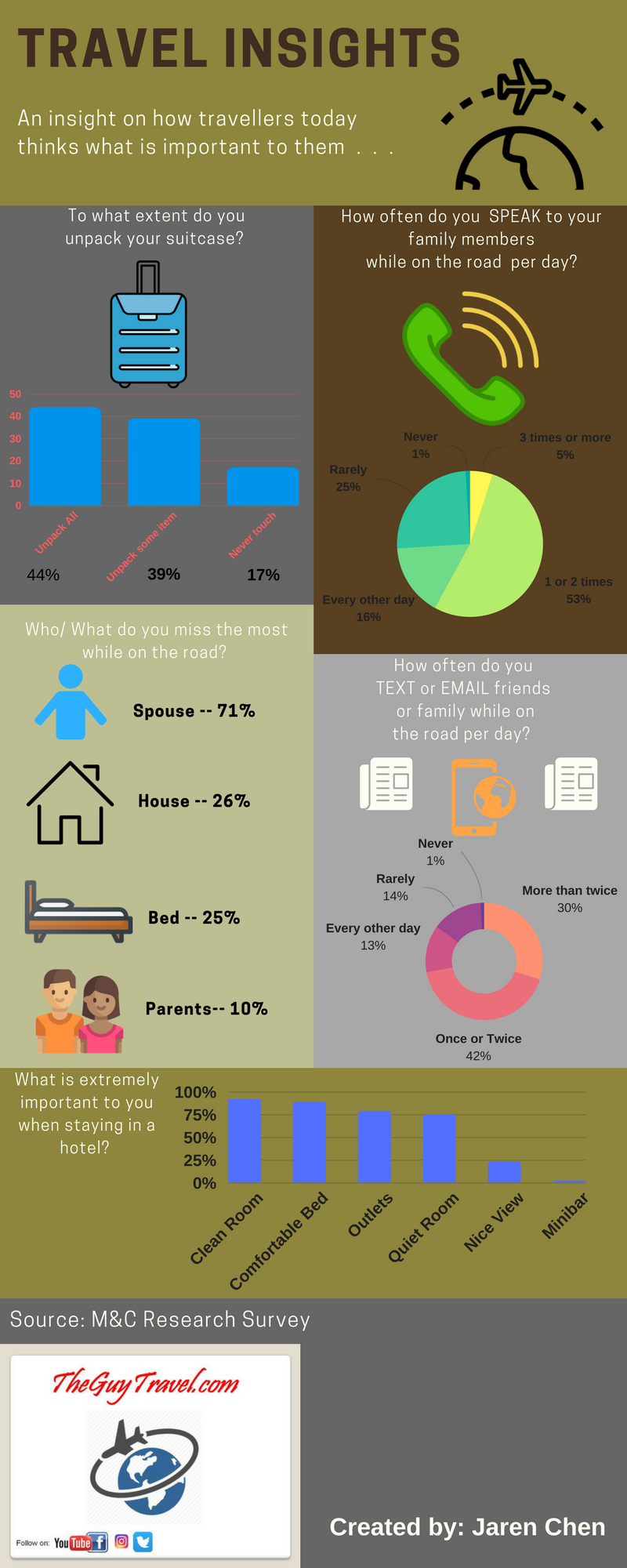
Millennials would like to eat the local food esspecially those that are popular with the locals in the area. Having grown up learning to use electronic gadgets, they would depend on internet being a readily and friendly tool to enable them in sourcing out for the necessary information. Being time deprive due to hectic work schedule, millennials are dependent on mobile phone to draw inspiration and research their next travel destination while on the move. That is where hotel reviews, TripAdvisor, mobile user friendly booking applications and travel blogs works their wonder. They provide relevant information and forms part of an important sales & marketing tool in the attempt to reach out to these keen travellers.
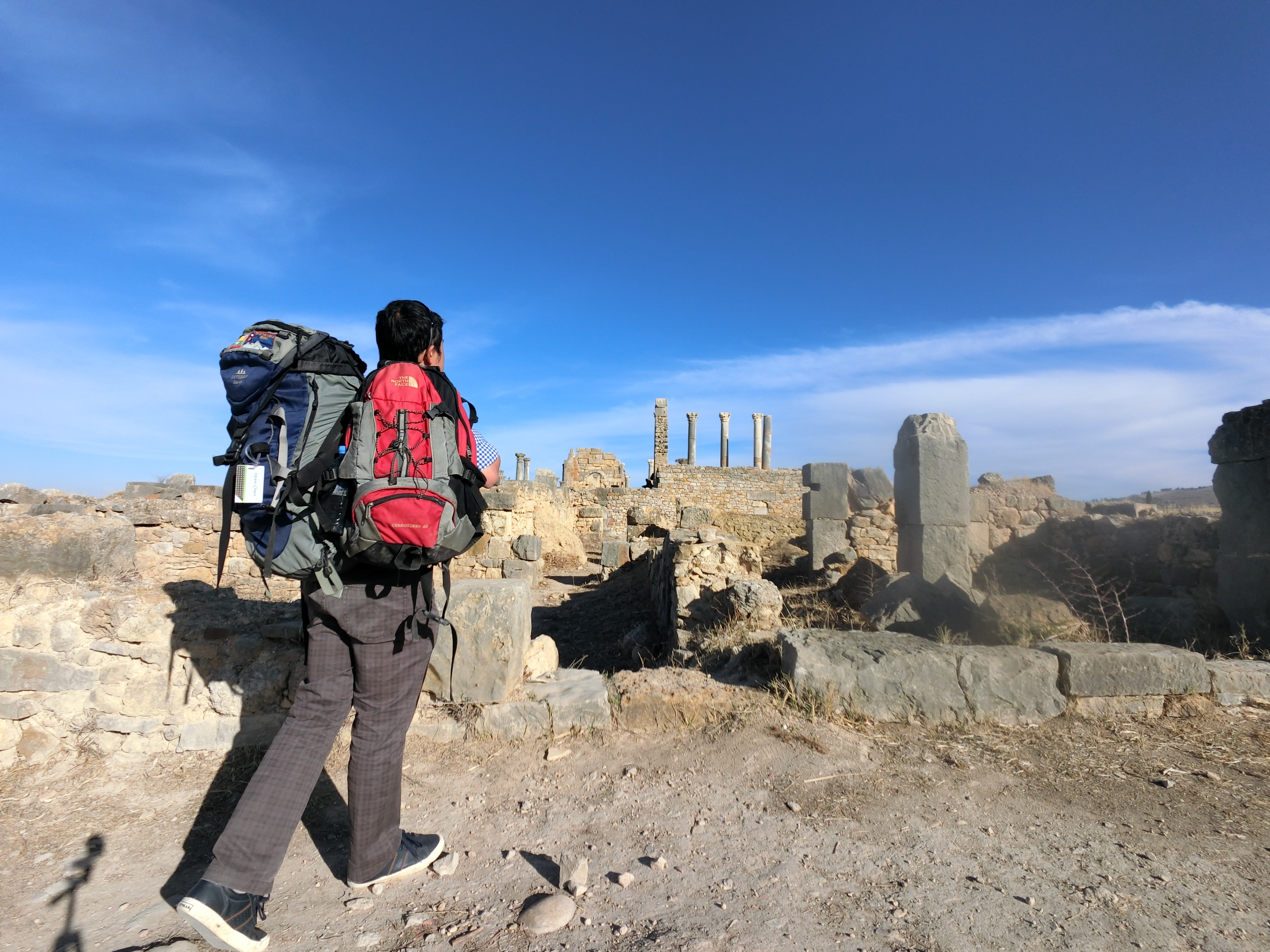
When they travel, they want to get under the skin of a place, discover hidden gems that only locals would go to and understand the different character that each town displays. Authentic travel experience may start from accommodation and it continue into the types of activities that one pursue. This does not mean one must get out of the city and into the rural area to experience that. Authenticity can be found even in the capital itself for instance, a popular food outlet that locals patronize. For some, authentic experience would mean checking into Airbnb property, staying in a local residual neighborhood. These will include shopping in the local supermarket, taking a stroll at the nearby park, interact with the locals and cooking the food at the property using local food spices and ingredients.
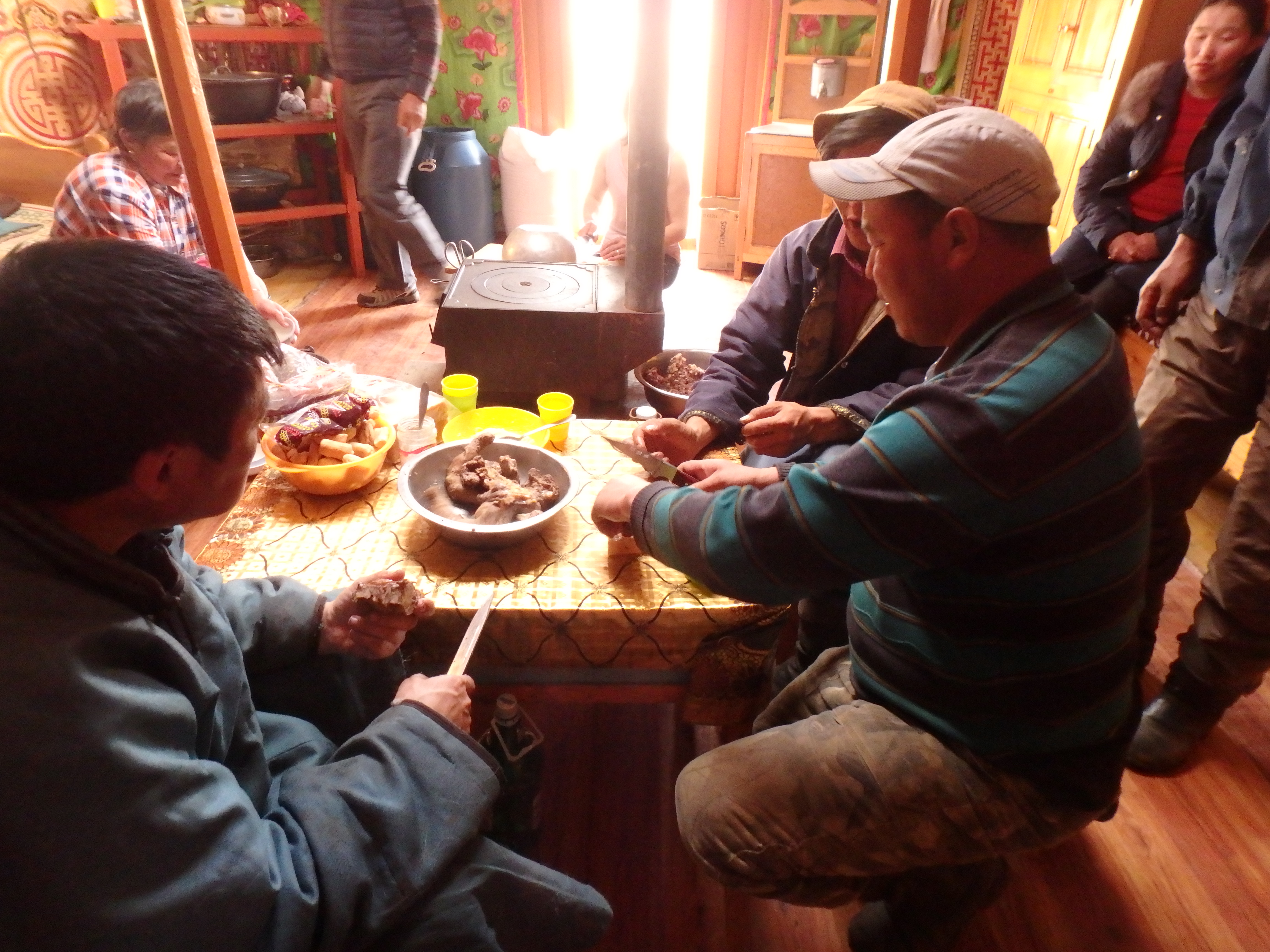
In recent years, hotel property did their research and open up new boutique hotels with decors that is inspired from nearby surroundings/ districts the property resides in. For instance, Hotel Indigo Katong in Singapore draws inspiration when designing its interior of the room to reflect the flavor of the area. I stayed in Hotel Katong Indigo and was impressed with the design found in every room.
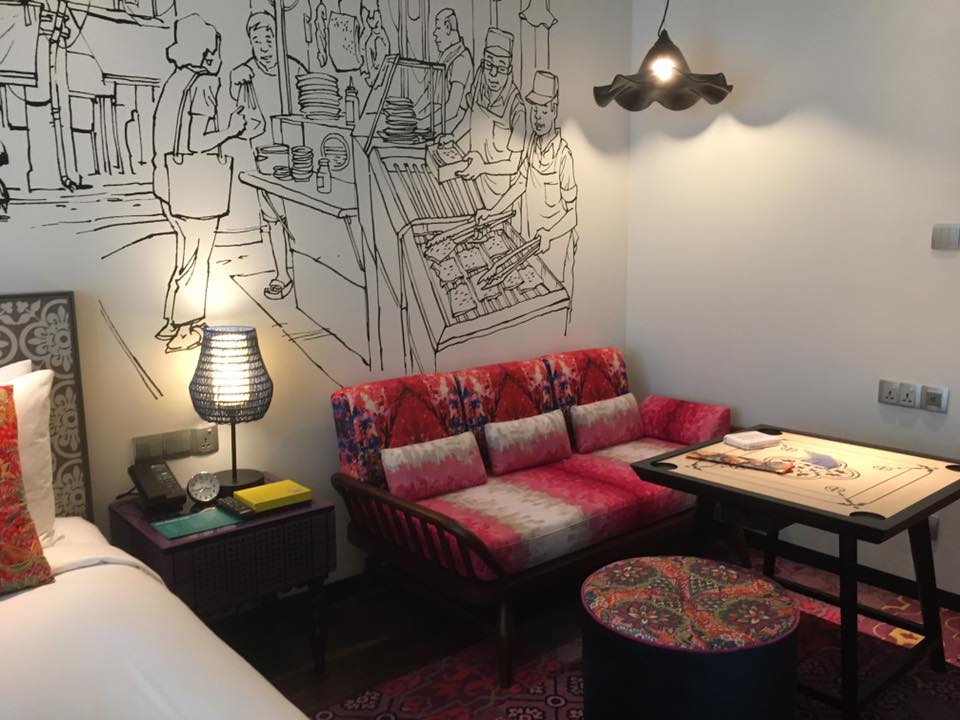
Indeed, travel today is also more than visiting the expected tourist attractions. The experiences one gets while travelling are what most millennials are looking for, getting connected to the people and culture. The main attraction on my trip to Mongolia was to experience the local way of lifestyle. Hence I stay 3 nights with the nomad families. From cooking to riding horses , taking a ride out on their motorcycle, riding camel, participate in sheep shearing and interacting with the locals , it was certainly being more authentic and enriching than to visit the common usual tourist attractions.
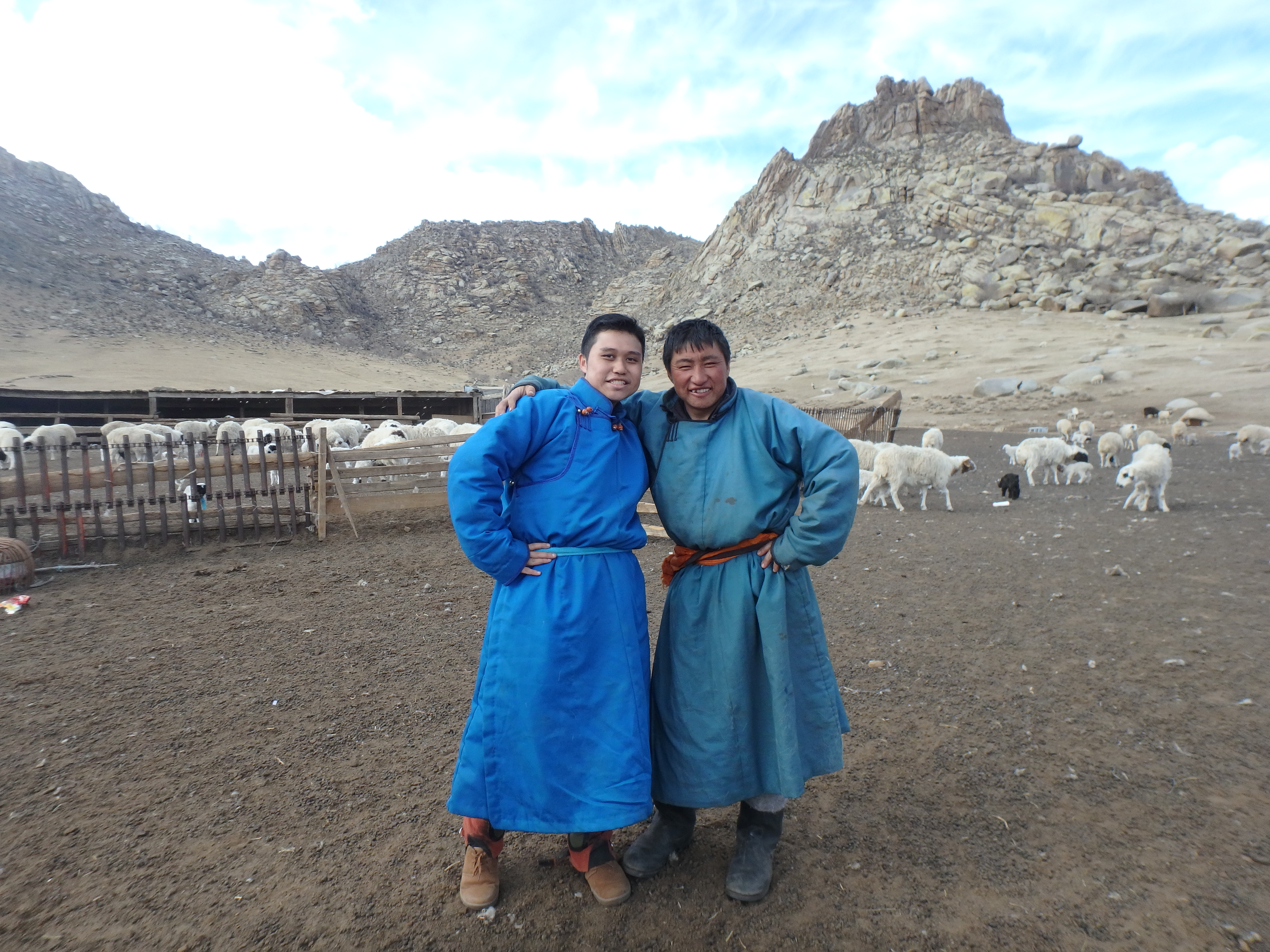
Look for experiences that take guests on an unforgettable journey that tells a story and epitomize a snapshot of local life certainly is the new attraction for the millennials.
Categories: Inspiration, Travel Tips
Leave a Reply